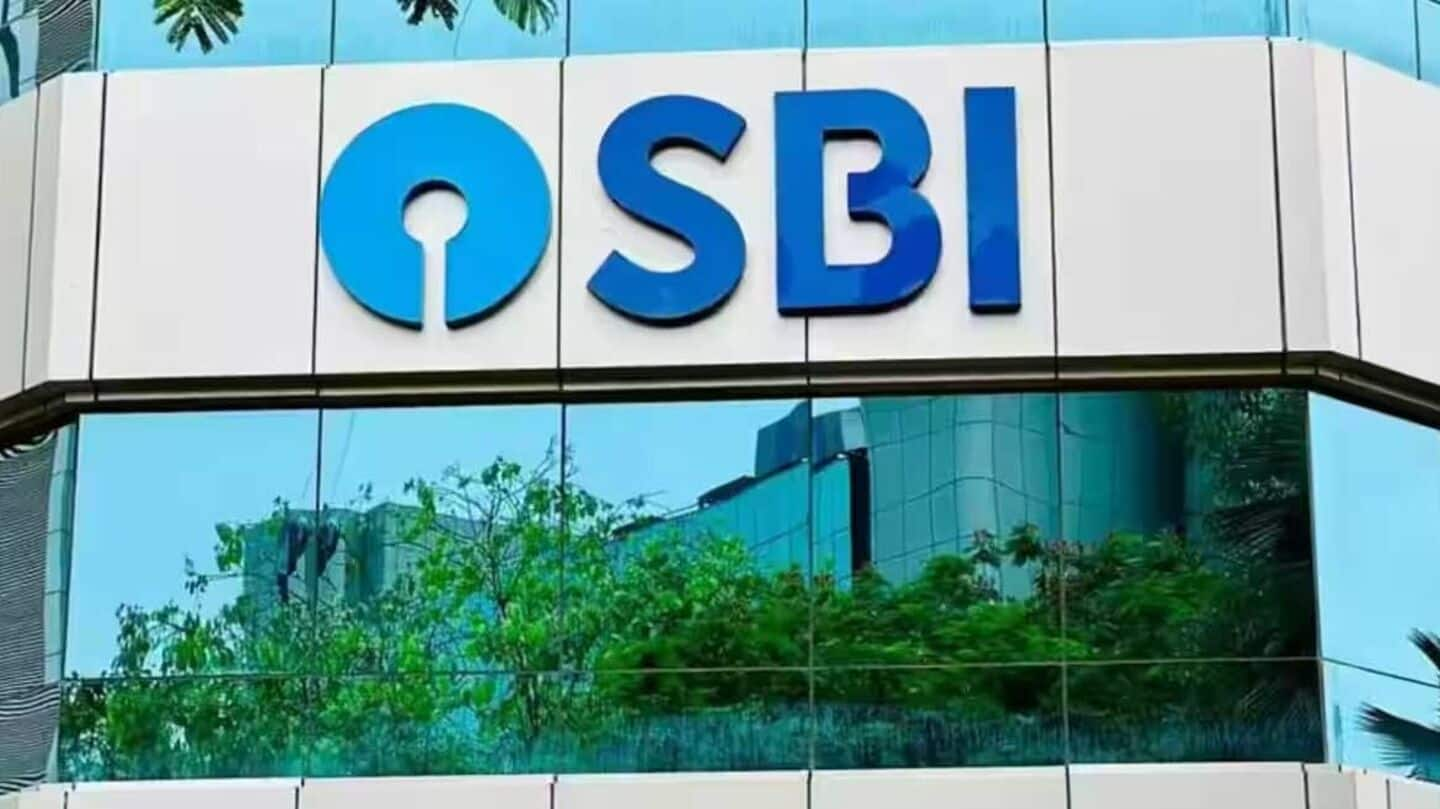
SBI hikes charges for IMPS transactions: How it affects you?
What's the story
The State Bank of India (SBI) has announced a revision in the charges for Immediate Payment Service (IMPS) transactions. The changes will come into effect on August 15 for retail customers and September 8 for corporate clients. According to SBI's official website, transactions up to ₹25,000 via online channels such as internet banking and the YONO app will remain free of charge.
Fee structure
Fee structure for retail customers
For retail customers, SBI will apply charges for higher-value transactions. Transfers between ₹25,000 and ₹1 lakh will incur a fee of ₹2 plus GST. Transactions between ₹1 lakh and ₹2 lakh will be charged at ₹6 plus GST, while those between ₹2 lakh and ₹5 lakh will cost ₹10 plus GST. At branch channels, transactions up to ₹1,000 remain free of charge.
Fee details
Fee structure for branch channels
For branch channels, SBI has set a fee structure for transfers. Transactions between ₹1,000 and ₹10,000 will be charged at ₹2 plus GST. Transfers between ₹10,000 and ₹25,000 will cost ₹4 plus GST. Between ₹25,000 and ₹1 lakh the charge is also ₹4 plus GST, between ₹1 lakh and ₹2 lakh it goes up to ₹12 plus GST; finally for transactions between ₹2-5 lakh the charge is now ₹20 plus GST.
Exemptions
Waiver on select salary package accounts
SBI has waived IMPS charges on online channels for select salary package accounts. These include the Defence Salary Package, Police Salary Package, Central Government Salary Package, as well as Shaurya Family Pension Accounts. For corporate customers, the revised structure is similar to that of retail customers with charges coming into effect from September 8.
Corporate exemptions
Similar exemptions for corporate customers
For corporate customers, SBI has also waived IMPS charges on online channels for select current accounts. These include the Gold, Diamond, Platinum and Rhodium variants as well as government departments and statutory bodies. The changes are applicable only to domestic IMPS transactions.